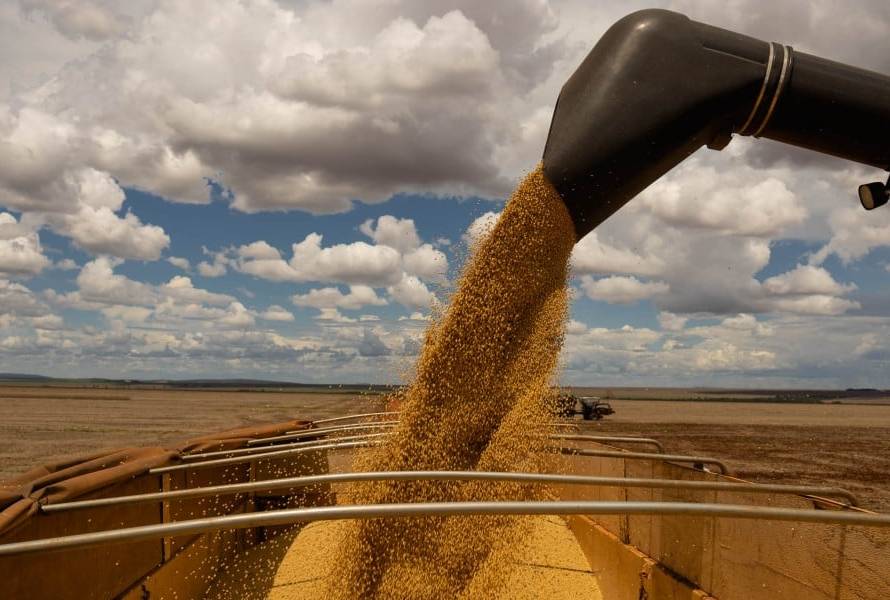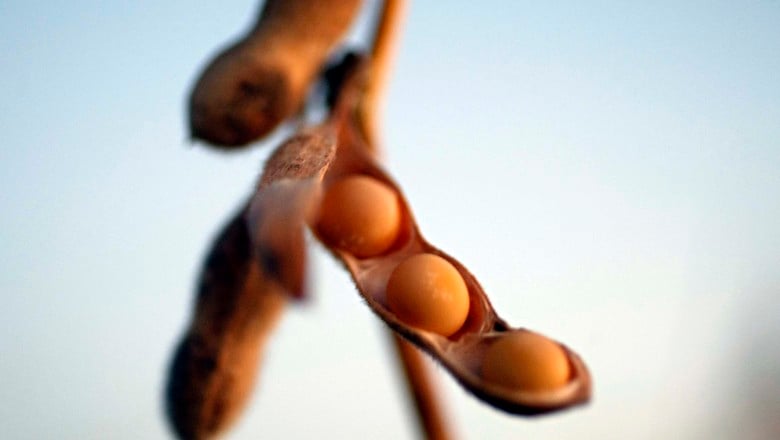The Goiás Agricultural Defense Agency (Agrodefesa) has completed the 4th cycle of its Integrated Swine Disease Surveillance Plan (PIVDS). Field work took place from February to June of this year, covering 346 rural properties, including 171 serological sample collections and 175 clinical inspections. The work involved the Agency's 12 regional offices and covered 106 municipalities in Goiás. As a result, Goiás maintained its Classical Swine Fever-free health status.
The actions are part of the national strategy coordinated by the Ministry of Agriculture and Livestock (Mapa), focusing on maintaining the country's health status and international proof, with the World Organization for Animal Health (WHO), that the states in the Classical Swine Fever (CSF)-free zone remain free of the disease.
A total of 1,711 samples were collected from high-tech farms and subsistence farms. All results were negative for CSF, confirming that the virus is not circulating in Goiás. Clinical inspection also did not identify signs consistent with diseases of concern to agricultural protection, such as African Swine Fever and Porcine Reproductive and Respiratory Syndrome (PRRS).
"Clinical and serological surveillance are essential for early disease identification and prevention of outbreaks that could compromise the pig industry in Goiás. This result confirms the effectiveness of our teams' fieldwork and the production sector's commitment to animal health," emphasizes Denise Toledo, Agrodefesa's Animal Health Manager.
Since 2021, Agrodefesa has implemented the PIVDS annually, with cycles running from July to June of the following year. Goiás has distinguished itself nationally by meeting all deadlines established by MAPA since the first cycle of the strategy, demonstrating the robustness of its active surveillance system.
"This is essential technical work that directly impacts the economic sustainability of our agribusiness. Maintaining Goiás as a PSC-free area is a basic requirement for maintaining access to international markets and ensuring safe food for the population," says Agrodefesa president José Ricardo Caixeta Ramos.
The selection of properties for collection and inspection follows technical criteria from the Department of Animal Health (DSA/MAPA), based on the type of production and herd information provided by the state. Local coordinators make the final selection, considering the health risk of each property.
"With each cycle, we reinforce Agrodefesa's commitment to active surveillance, especially on non-technological properties, which may be more vulnerable. This data helps Brazil maintain its credibility with international agencies," explains Aline Barichello Cerqueira, coordinator of the State Swine Health Program.
The plan also includes other surveillance components, such as slaughterhouse inspections, wild boar monitoring, and investigation of suspected swine diseases. All of these contribute to a robust agricultural defense system that maintains Goiás as a benchmark for animal health in Brazil.
About Classical Swine Fever
Classical swine fever (CSF) is a highly contagious viral disease that affects only pigs, both domesticated and wild boar. Caused by a virus of the Pestivirus genus, CSF poses no risk to human health but has a significant economic impact, as it can lead to high mortality rates in herds, restrictions on international trade, and severe losses to the production sector.
Symptoms include high fever, loss of appetite, weakness, tremors, reddish patches on the skin, and sudden death. Because there is no cure or effective treatment, the only way to control the disease is to eliminate animals from the infected property.
Since 2015, Brazil has had zones recognized as free of CSF by the World Organization for Animal Health (WHO), including the state of Goiás. Continuous monitoring is essential to preserve this status and ensure the competitiveness of the pig industry in Goiás and nationwide.
Goiás stands out in national pig farming
The state has seen significant growth in pork production and exports. This growth is confirmed by data from the Secretariat of Foreign Trade (Secex), which shows that Goiás ranked seventh nationally in 2024, exporting 11,964 tons of fresh pork. The latest Agro em Dados (Agro in Data) bulletin from the State Secretariat of Agriculture, Livestock, and Supply (Seapa) also shows that international performance has been driven by the opening and expansion of markets such as Singapore (+49%), Georgia (+108%), Chile (+200%), and Gabon (+567%).
These advances are a direct reflection of the maintenance of Goiás' sanitary status, which ensures the competitiveness of Goiás products in the global market. In May of this year alone, Goiás exported 1,200 tons of pork, representing revenue of US$2.8 million.





